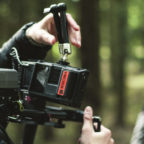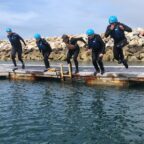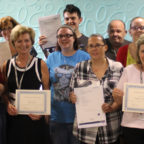 16-18
16-18

Computing and IT
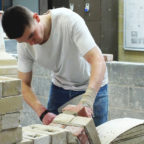
Construction & Building Services

Creative & Visual Arts

SEND Provision
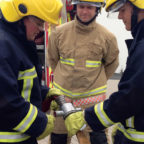
Sport & Public Services
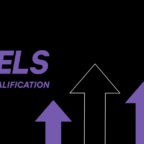
T-Levels
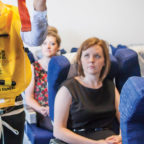
Travel, Tourism & Events
 Apprenticeships
Apprenticeships

Accountancy & Bookkeeping

Business & Administration

Catering & Hospitality

Construction & Building Services

Customer Service

Engineering & Automotive

Hair & Beauty

Health, Social Care & Early Years

Plumbing

Teaching
 University Level
University Level

Engineering & Automotive

Health, Social Care & Early Years

Sport & Public Services
 Adult Learning
Adult Learning
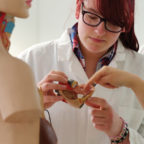
Access to Higher Education

Accountancy & Bookkeeping

Creative & Visual Arts

Dorset Training Academy
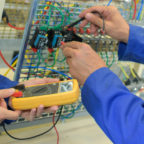
Electrical
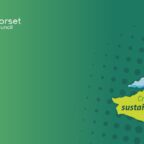
Green Skills

Hair & Beauty

Teacher Training
 Early Years Workforce – Early Years Educator
Early Years Workforce – Early Years Educator
Early Years Workforce - Level 3 Diploma (Early Years Educator)
In Short
The aim of this qualification is to prepare learners to become Early Years Educators, enabling them to work with children from birth to 5 years and gain knowledge of children aged 5 to 7 years.
Upon achievement of this qualification it is intended that learners will be able to enter the workforce as Early Years Educators.
Entry Requirements
Learners must be at least 16 years old. Ideally you will have a level 2 qualification in English and Mathematics. You will either be employed in an appropriate setting or a regular volunteer.
Course Content
All units are mandatory and include:
Unit 1.1: Support healthy lifestyles for children through the provision of food and nutrition
Unit 1.2 WB: Support healthy lifestyles for children through exercise
Unit 1.3 WB: Support physical care routines for children
Unit 1.4 WB: Promote children’s emotional well-being
Unit 1.5: Understand how to support children who are unwell
Unit 2.2: Understand legislation relating to the safeguarding, protection and welfare of children
Unit 2.3 WB: Use legislation relating to the health and safety of children
Unit 2.4 WB: Follow legislation relating to equality, diversity and inclusive practice
Unit 2.5 WB: Working in partnership
Unit 4.1: Engage in professional development
Unit 3.1: Understand the value of play in Early Years
Unit 3.2 WB: Plan, lead and review lay opportunities which support children’s learning and development
Unit 3.4 WB: Promote enabling play environments
Unit 3.5 WB: Developing children’s emergent literacy skills
Unit 3.6 WB: Developing children’s emergent mathematical skills
Unit 3.7 WB: Support children’s transition to school
Unit 3.9 WB: Develop children’s cognitive skills
Unit 3.10 WB: Promote children’s speech, language and communication
Unit 3.11 WB: Promoting children’s physical development
Unit 3.12 WB: Promoting children’s personal, social and emotional development.
Unit 3.13: Support children with additional needs
Unit 3.14: Use observation, assessment and planning to promote the development of children
Unit 3.15: Use longitudinal studies to observe, assess and plan for children’s needs
How will I be assessed?
All units are internally assessed. Assessment enables the student’s workplace practice to provide evidence for individual units as well as the whole qualification.
Methods of assessment include: observations, professional discussions projects, oral and/ or written questions, witness testimonies.
Progression
Upon successful completion of the course you can consider employment as:
- practitioner in day nurseries
- practitioner in Nursery schools
- practitioner in reception classes in primary schools
- pre-school worker.
Fees
The fee for the course will be £2882
Free courses for jobs – funding for Level 3 courses
If you are aged 19 + and looking to undertake additional study, your course could be fully funded by the government if you meet any of the following criteria:
- If you are aged 19 – 23 and do not already hold a Level 3 qualification
- If you are unemployed and in receipt of benefits,
- If you are earning less than £25,000.00 annual gross salary
and
- Meet the standard residency criteria for funding
Please contact us today for further information dta@weymouth.ac.uk or call us on 01305 764748.

